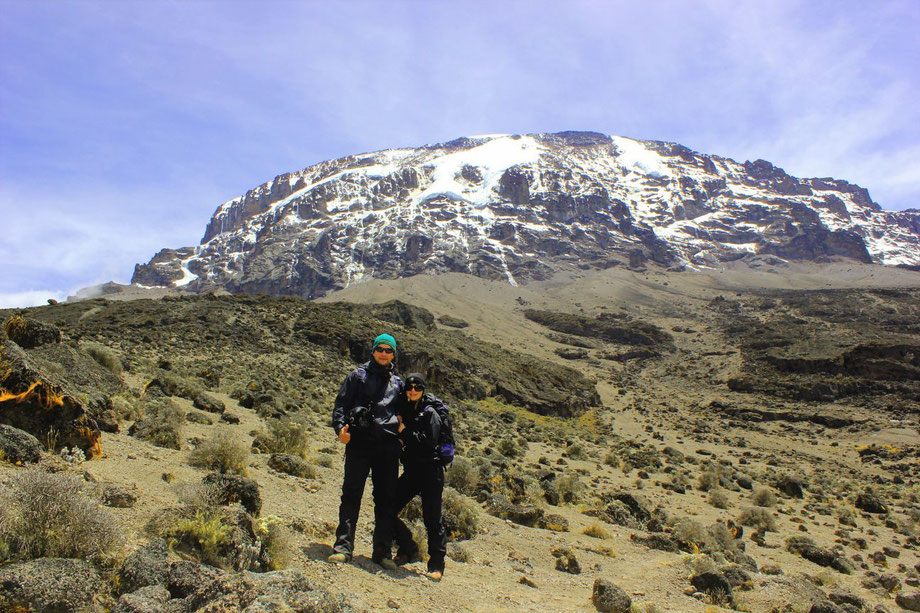There are no shortage of tour operators offering Kilimanjaro Expeditions, but with prices ranging from $1000 to over $4000 per person, how are you supposed to know which company to go with?
We all love a bargain, and if you are travelling on a very tight budget, you may be tempted to go for the lower offer, but the fact is, Climbing Kilimanjaro is not a cheap holiday, and if you are paying less than $2000 USD, someone somewhere is not being paid, and you can pretty much guarantee that they are your hardworking porters.
What most people do not realise when comparing Kilimanjaro Expeditions, is that there are a long list of National Park fees that have to be paid for you to enter the park.
At the time of writing, there is a $70 per person per day conservation fee, a $2 per porter per day entrance fee, a one-off $20 park fee, and $50 per person per day camping fee. Base that on a 7-Day Machame Route expedition with 5 porters per person, and you are already looking at $930 USD – just to get inside the park!
So how anyone could expect to climb for a $1000 (it’s been offered, believe me!), I simply do not know. The above national park fees are simply that, national park fees. No staff wages are included, no meals are included, no camping equipment is included, nothing. This simply allows you to enter Kilimanjaro National Park and overnight there at one of the campsites.
Quality camping equipment is difficult to get in Tanzania, and as such, it comes at a price. Companies may be able to cut costs by using older equipment, but after hiking for 8 hours, the last thing you need is a grubby tent with zero frost resistance. It gets cold on Kilimanjaro, very cold, and so good equipment is essential.
Then there’s the food. Standards vary greatly from company to company, and if you book a cheap Kilimanjaro climb, the chances are, you’ll be living on cold sandwiches and rice based dishes. If you look a mid-range climb you should be provided with at least 2 hot meals per day, and with a high end private Kilimanjaro tour, three hot meals come as standard. There is nothing quite like a freshly made soup after a long day on the trails, and the more you eat the better chance you have of reaching the summit.
Pre and post accommodations all cost money, as do airport transfers, vehicle maintenance, and transfers to and from the park gates. This is an additional cost that many people forget to include in their calculations, and one that many companies offer as ‘extras’ to make their tours look cheaper on first glance.
Last but by no means least, staff wages. Kilimanjaro Porters are often paid far less than the KPAP (Kilimanjaro Porters Assistance Project) recommendations, and if a company wants to offer cheaper Kilimanjaro climbs, they will do it by cutting staff expenses. The sad fact is, many porters get no wages at all, they are given one meal per day, and they do not have adequate clothing for the climb. They are told they will earn tips, but unless you give your porters their tips directly into their hands, there’s a good chance they won’t see any of it.
Don’t get me wrong, there are many excellent Kilimanjaro Climbing Companies out there who really care about their staff, but of course, they charge more than the budget operators. Read between the lines and ask questions when booking your Kilimanjaro Climb, and just remember that if something looks too good to be true, it probably is!


Write a comment